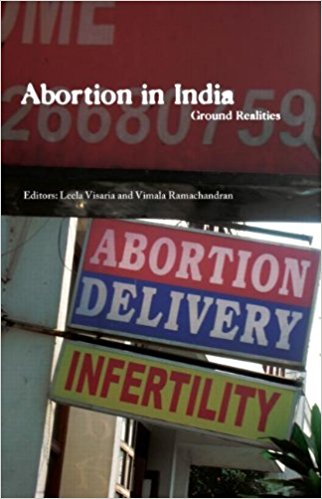‘Abortion’ is not only a biological but also a social phenomenon. Women’s experiences of abortion are often interpreted with cultural, ethical, moral or religious connotations. Though abortion became legal in India in 1971 and was later included in the Reproductive Child Health programme in the post-Cairo period, ‘abortion seeking’ continues to be a private act that set it apart from the health seeking practices for other reproductive or general health problems of women. For a long time, available literature in India largely focused on secondary analysis of official data or easily accessible urban hospital populations. Few field studies that had drawn attention to a number of abortion-related issues mention the lack of access to safe services and poor quality of care during and after abortion.
In the recent decade, however, efforts have been noticed in social research that address basic questions such as why women seek or are subjected to or forced abortion and how decisions on abortions are made, what roles the providers play in abortion care and similar others. The book under review is an important contribution in this direction. This jointly edited volume is an outcome of a collective multi-centric research: ‘Abortion Assessment Project—India’, commended during the years 2000-2004. It is the first volume in a proposed series of three publications emerging out of the project; it brings to the fore certain ‘ground realities’ of induced abortion in India.

